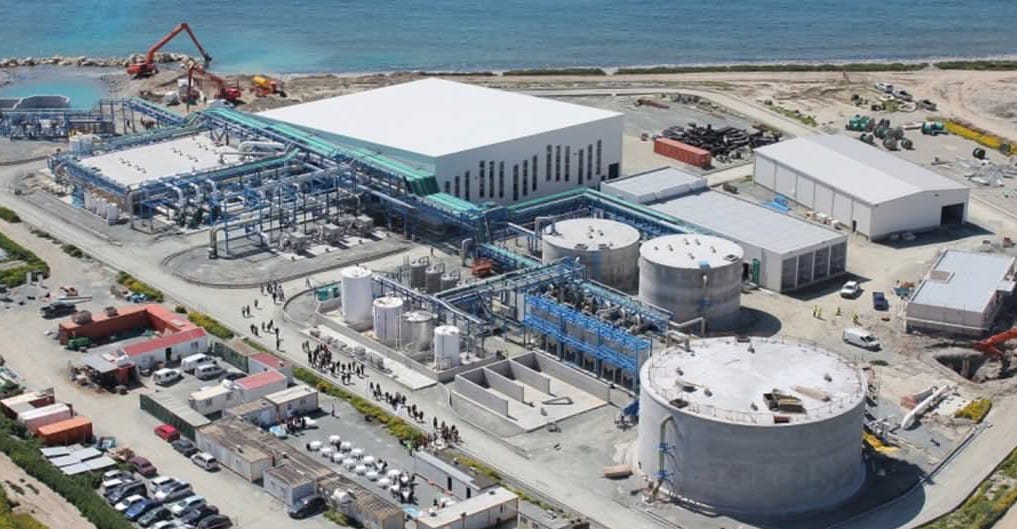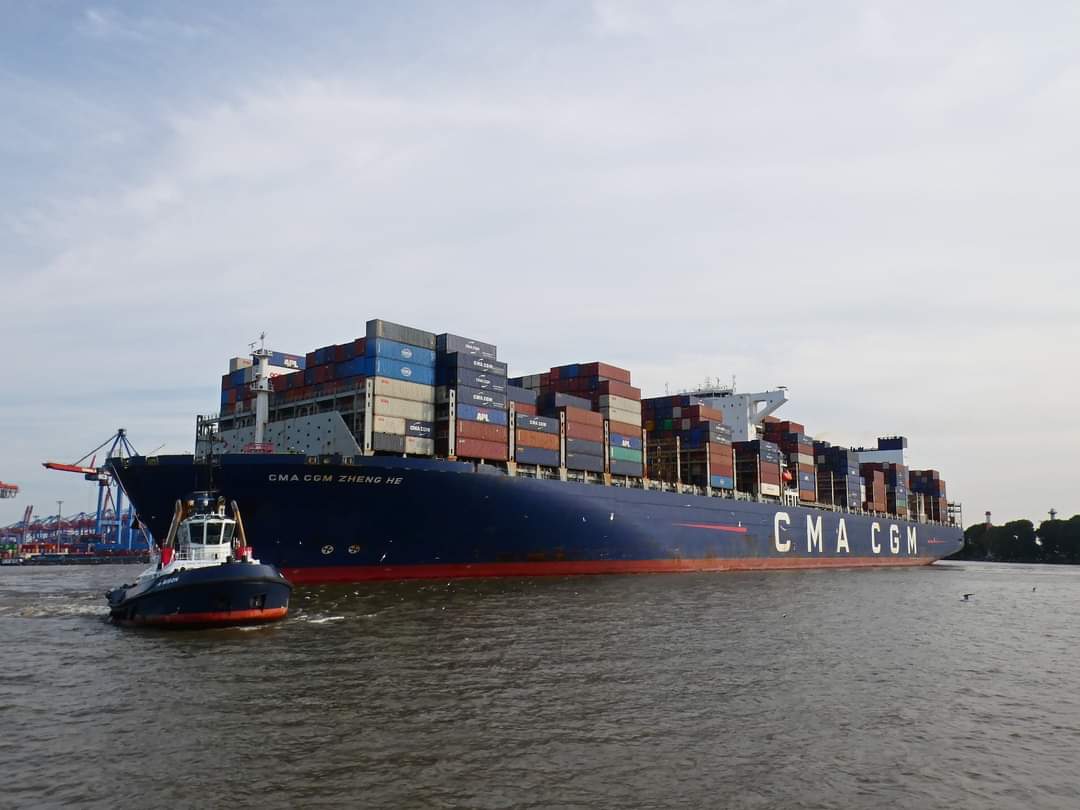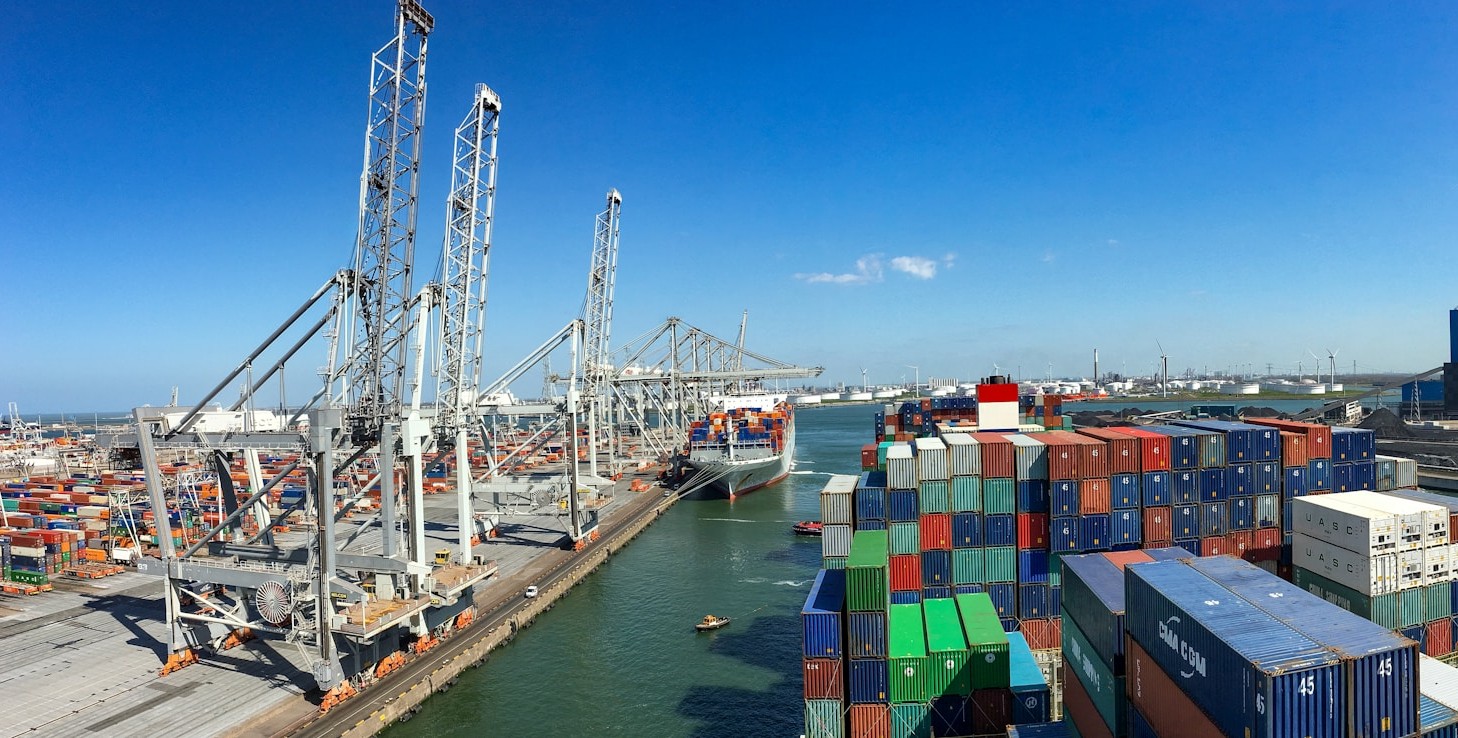Casablanca – The Spanish government has introduced stricter measures to monitor agricultural products imported from Morocco, involving Spanish farmers directly in the inspection process. This step follows ongoing demands by Spanish agricultural associations to ensure parity between the standards applied to imported and domestic produce.
According to reports from OKDIARIO, Spanish farmers began visits to the Port of Algeciras in early December. These visits, organized under government supervision, aim to verify that Moroccan imports comply with Spanish and European Union regulations. The initiative seeks to address concerns about the safety and quality of foreign agricultural products and rebuild trust in the inspection process.
Farmer representatives, including members of rural agricultural communities, have long called for direct involvement in border inspections. Organizations like the “Union of Unions,” one of Spain’s largest agricultural advocacy groups, have also pushed for consumer protection representatives to participate in these checks.
Calls for stricter controls have gained momentum following allegations by some agricultural groups that Moroccan shipments contained traces of banned pesticides. While these claims were denied by the Moroccan government, such incidents have heightened scrutiny of Moroccan imports.
In response, Moroccan officials have defended the safety of their agricultural exports. Former Moroccan Minister of Agriculture Mohamed Sadiki dismissed the allegations as attempts by competitive lobbies to undermine Morocco’s agricultural reputation. He emphasized that product safety, whether for export or domestic markets, is a priority, backed by rigorous international standards.
Morocco’s export safety record shows limited warnings compared to other countries. Over three years, Morocco reportedly received two alerts regarding strawberries, whereas France and Spain received significantly more. Moroccan authorities highlighted this disparity, attributing the heightened scrutiny to competitive pressures.
Sadiki also underscored that exports not meeting safety requirements are destroyed, and similar monitoring systems are applied to products for the domestic market. Morocco’s adherence to international safety standards enables its agricultural products to reach markets in Europe, North America, and beyond.
While Spain’s new measures reflect farmers’ concerns about market fairness, they also underline the growing tensions between the two agricultural sectors. The dialogue between both nations and their agricultural stakeholders will likely continue as they work to address mutual concerns while maintaining the flow of trade.
















